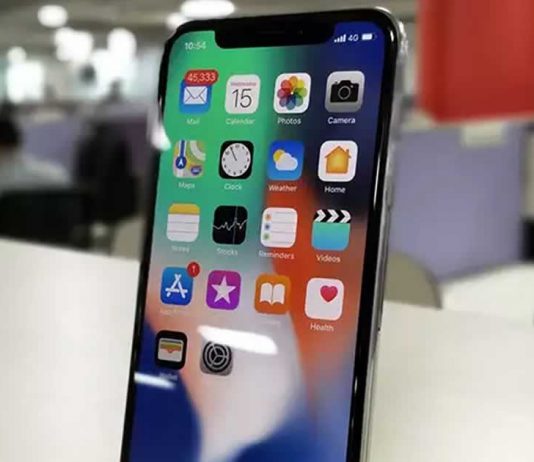Apple wants to use its iPhones to detect diseases such as depression or the early stages of dementia and Alzheimer’s.
According to The Wall Street Journal, Apple is currently testing together with the University of California in Los Angeles (UCLA) and the pharmaceutical manufacturer Biogen to what extent the sensors and other features of a smartphone are suitable for diagnosis. The Apple Watch is also used in some of the studies.
UCLA researchers began evaluating data from 150 iPhone and Watch users in autumn 2020. Another study with 3,000 participants is scheduled to start in 2021. Data from the video camera, keyboard and audio sensors are evaluated. The Apple Watch also includes movement data, as well as body value measurements and sleep records.
Facial movements, the language of the user, the steps, the sleep rhythm as well as the heart and breathing rates are to be analyzed. The way in which users type quickly and without errors could also provide information about certain clinical pictures. Biogen’s study structure should not differ much from that of UCLA.
As people familiar with the projects emphasize, it is not yet clear at the moment whether the research will lead to a result. The aim is to use the studies to develop an algorithm that recognizes signs of illnesses such as depression and the onset of dementia and recommends that users seek medical help accordingly. It is still unclear whether this will be possible in the end.
The privacy of the users is to be guaranteed by only evaluating the data on the iPhones themselves. There should be no transmission to Apple’s server.
